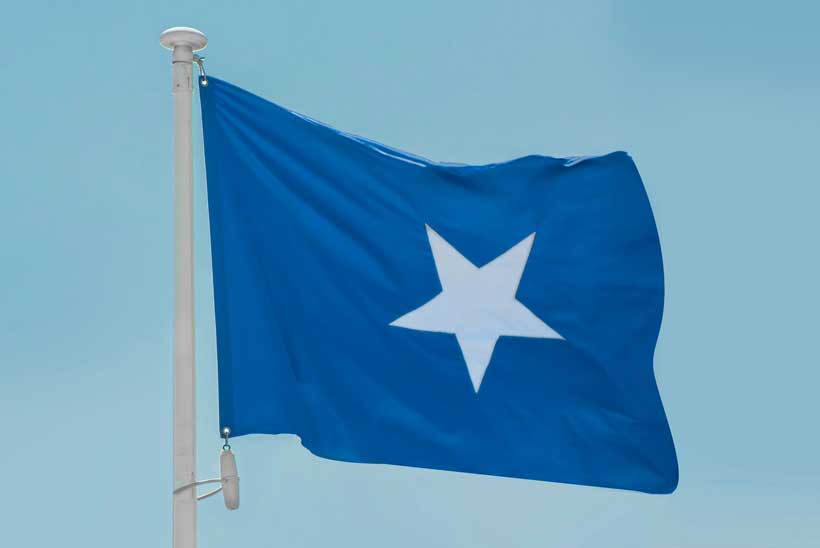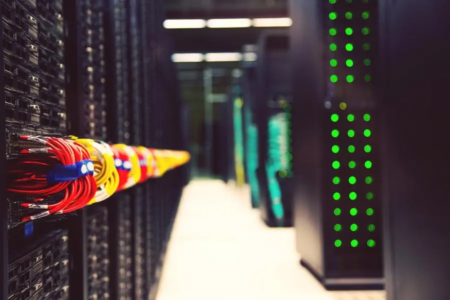Somalia navigates a complex financial landscape marked by debt distress, limited liquidity, and wavering donor support.
We need a bold new approach to build Somalia financial future that leverages the strength of its people. Particularly the global Somali diaspora.
With minimal access to global capital markets, Somalia must pivot toward homegrown solutions rooted in trust, innovation, and community.
Diaspora Bonds
At the heart of this strategy lies the idea of diaspora bonds—investment tools that can channel the patriotic commitment of Somalis abroad into sustainable national development.
But success will depend heavily on the institutions trusted by everyday Somalis.
In this context, Hormuud Telecom and Salaam Bank stand out as not just financial leaders, but essential partners in building a credible and functional investment platform.
The Power of Somali Diaspora Could Enhance Somalia Financial Future
The Somali diaspora sends home over $1.6 billion in annual remittances—more than foreign aid and direct investment combined.
These funds pay for basic needs, fuel local businesses, and support entire communities.
But remittances alone aren’t enough to build schools, hospitals, and roads.
It’s time to transition from a survival economy to a development economy—from remittances to long-term investment.
A well-structured diaspora bond offers this shift.
Nigeria Raised $300 Million Through a Diaspora Bond
The Nigerian example is instructive: in 2017, Nigeria raised $300 million through a diaspora bond, oversubscribed by 130%.
Ethiopia’s earlier attempt failed due to poor oversight and lack of trust—highlighting that transparency and credible intermediaries are critical.
How Can Hormuud Telecom and Salaam Bank Support Somalia Financial Future
Somalis trust Hormuud Telecom and Salaam bank because they’ve earned that trust.
Hormuud revolutionized mobile payments in a country lacking traditional banks.
While Salaam Bank has grown a reputation for sharia-compliant, reliable banking across the country.
Both institutions are Somali-owned, deeply embedded in the local economy, and already serve millions.
These companies have the infrastructure, public confidence, and technological expertise to manage a diaspora bond.
Their platforms are already used for remittances, savings, and digital payments—meaning the learning curve for investors would be minimal.
A Trust-Based Model for Investment
To succeed, a Somali diaspora bond should be co-designed with the diaspora, operated by trusted financial actors like Hormuud and Salaam Bank, and supported—but not controlled—by the government. The government’s role should focus on:
- Creating a regulatory framework
- Offering tax and currency incentives
- Ensuring transparency and legal protection
All technical and financial operations—from onboarding to payouts and project monitoring—should remain in the hands of trusted, experienced institutions.
What Do Diaspora Investors Want for Real?
This public-private partnership model works because it aligns interests.
Diaspora investors don’t want empty promises or political speeches.
They want secure investments, transparent impact tracking, and projects they can believe in for better Somalia financial future—clean water systems, schools, hospitals, and infrastructure.
A New Generation of Somali Investors
The modern Somali diaspora is young, educated, and investment-savvy.
They seek ethical, structured ways to help in building Somalia financial future.
With digital tools, mobile apps, real-time reporting, and flexible investment options, a diaspora bond can meet this demand.
Hormuud’s leadership in fintech and Salaam’s banking expertise make them ideal for this moment.
They can build and scale a platform that offers both financial return and social impact, anchored in transparency and community trust.
Building Somalia Financial Future with Sovereignty
Somalia still faces hurdles—political instability, weak institutions, and regulatory gaps—but these are exactly why credible, private sector leadership is essential.
Let the government facilitate, and let trusted companies implement.
This is about financial sovereignty—about building Somalia’s future not with dependency, but with Somali innovation, Somali capital, and Somali leadership.
From Mogadishu to Minnesota, Toronto to Dubai, the diaspora is ready.
They just need a safe, credible vehicle for investment.
The Era of Donor Dependency Must End
Somalia financial future has a new opportunity to be rewritten.
By empowering Hormuud Telecom and Salaam Bank to lead a Somali diaspora bond initiative, the country can turn trust into capital and hope into infrastructure.
The era of donor dependency must end and the time for Somali-led development—built on trust, action, and ownership—is now.








